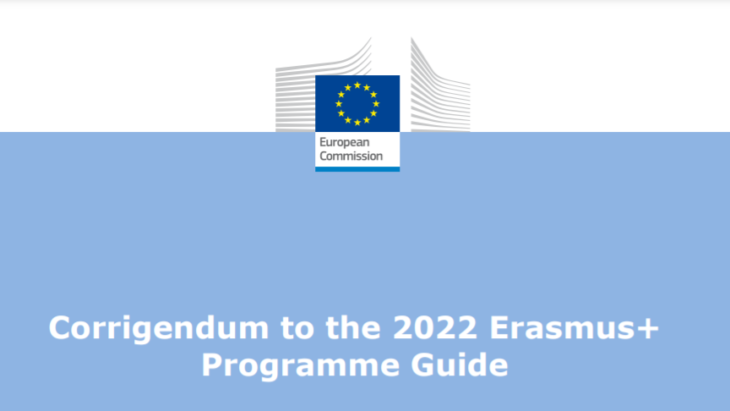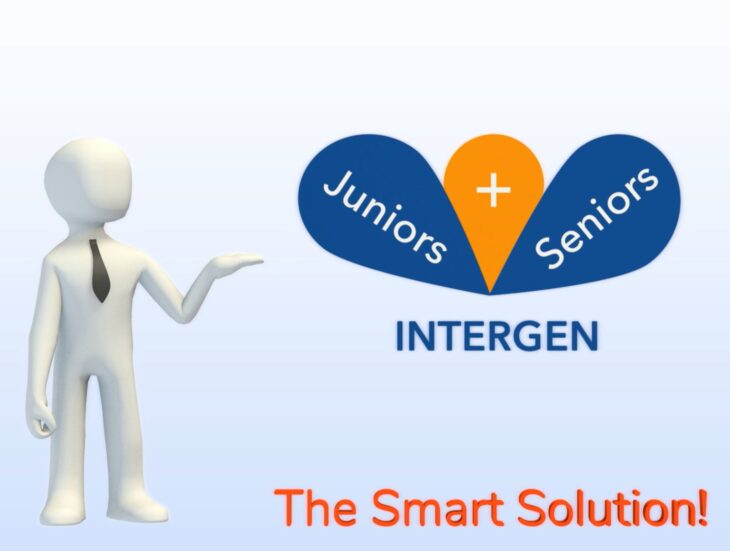Writing an effective European mobility project represents a compelling challenge to be faced with motivation and enthusiasm, but without a strategic and analytical approach it can turn into a difficult and complex task.
To write a clear, easily understandable and above all effective project, it is necessary to follow some simple tips.
Here’s a list of 10:
1) Produce an Abstract that defines effectively the general and the specific objectives of the project, in line with the requests of the announcement, and highlights the skills necessary for the realization of the activities. It is therefore essential that the objectives are consistent with the analysis carried out but also in line with the results to be achieved.
2) Be clear, using the same language of the person who will evaluate the project. Therefore, knowing the key terms of the European project becomes an essential requirement.
3) Choose the right partners to combine different skills, each of which can bring added value.
4) Analyze the reference context and the concrete needs to which the project wants to respond.
5) Think of an action plan that, consistent with the project, allows to achieve the set objectives and generate satisfactory results in the medium-long term. It is necessary to create a Work Plan in which to precisely identify the actions to be performed, the methodologies to be applied and the resources necessary to achieve the set objectives. Therefore, it is essential not only to explain the activities to be carried out but also how they will be developed.
6) Plan a dissemination strategy through which to disseminate the results of the project both inside your school and to the Bodies and Organisms present in the area. This phase represents a further tool to verify the feasibility of the actions and the feasibility of the expected results of the project.
7) Monitoring of the project, through the evaluation of the progress of the activities during the intermediate phase, and verifying the achievement of the objectives, based also on the impact on the reference context, in the final phase.
8) Be part of a European vision: the project must be developed respecting the models and principles of the European Union is based, enhancing concepts such as multiculturalism, inclusion and sustainability.
9) Be pragmatic: the mobility proposal must have concrete positive effects on the school, on the subjects involved and on the whole territory of reference.
10) Be original: action must be innovative to bring added value and reflect the richness and cultural diversity of the European Union of the 21st century.
In light of what has been described, we can therefore identify which are the key elements for successful projects and which ones instead determine their failure.
Among the elements of success we include:
• the active participation of all the subjects involved in the definition of the project contents;
• compliance with the deadlines set by the announcement and the available resources;
• accurate and constantly updated planning;
• accurate management of emerged or potential problems;
• effective dissemination of the objectives, progress and changes in progress;
• a clear definition of the motivations of the project.
On the contrary, a project, although positively evaluated, can be considered “negative”, once implemented, if:
• did not include an analysis phase;• reported very general objectives;
• presented the planning of a few activities;
• did not comply with budget limits due to incorrect spatial-temporal definition of the actions carried out.



















